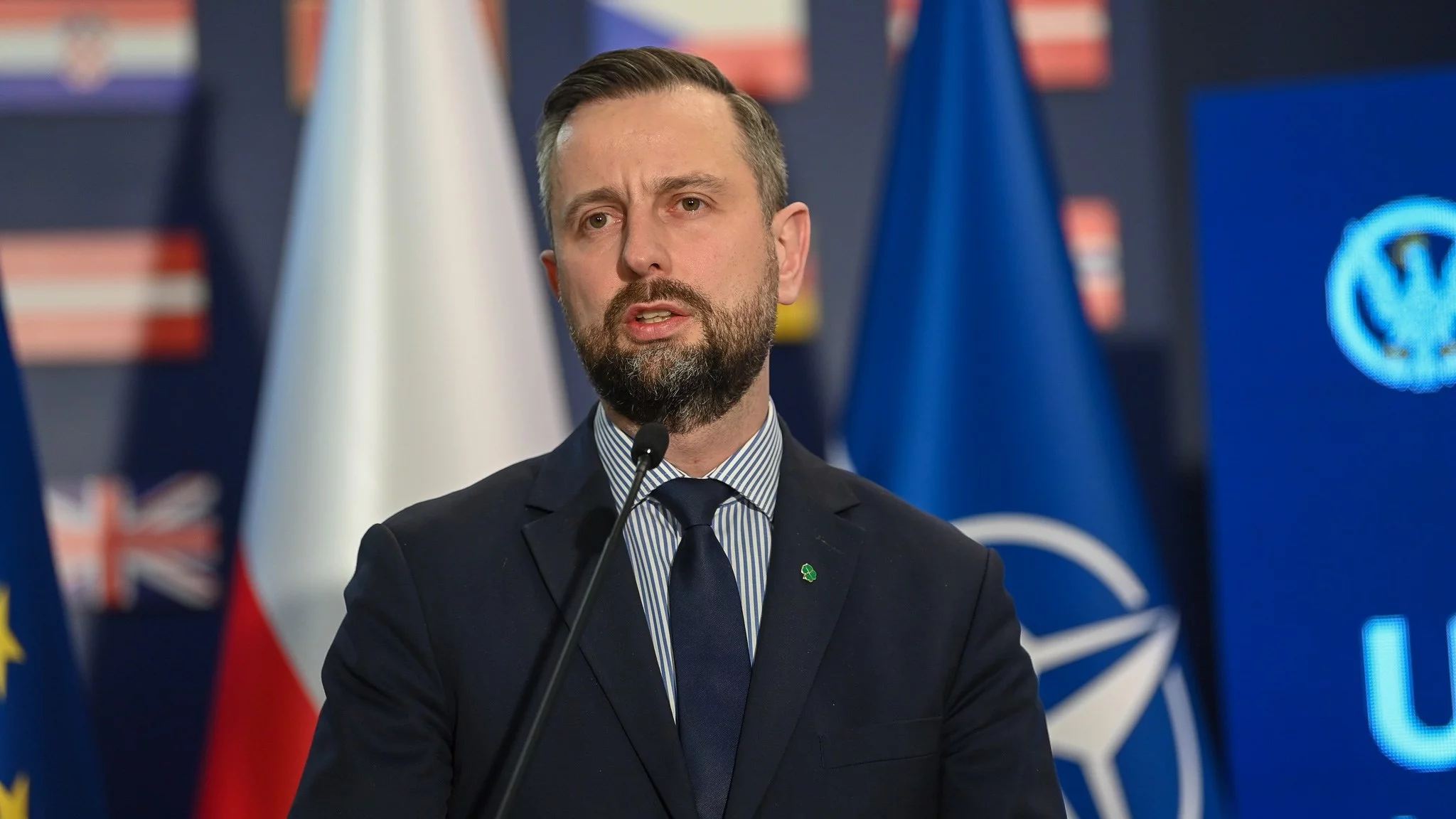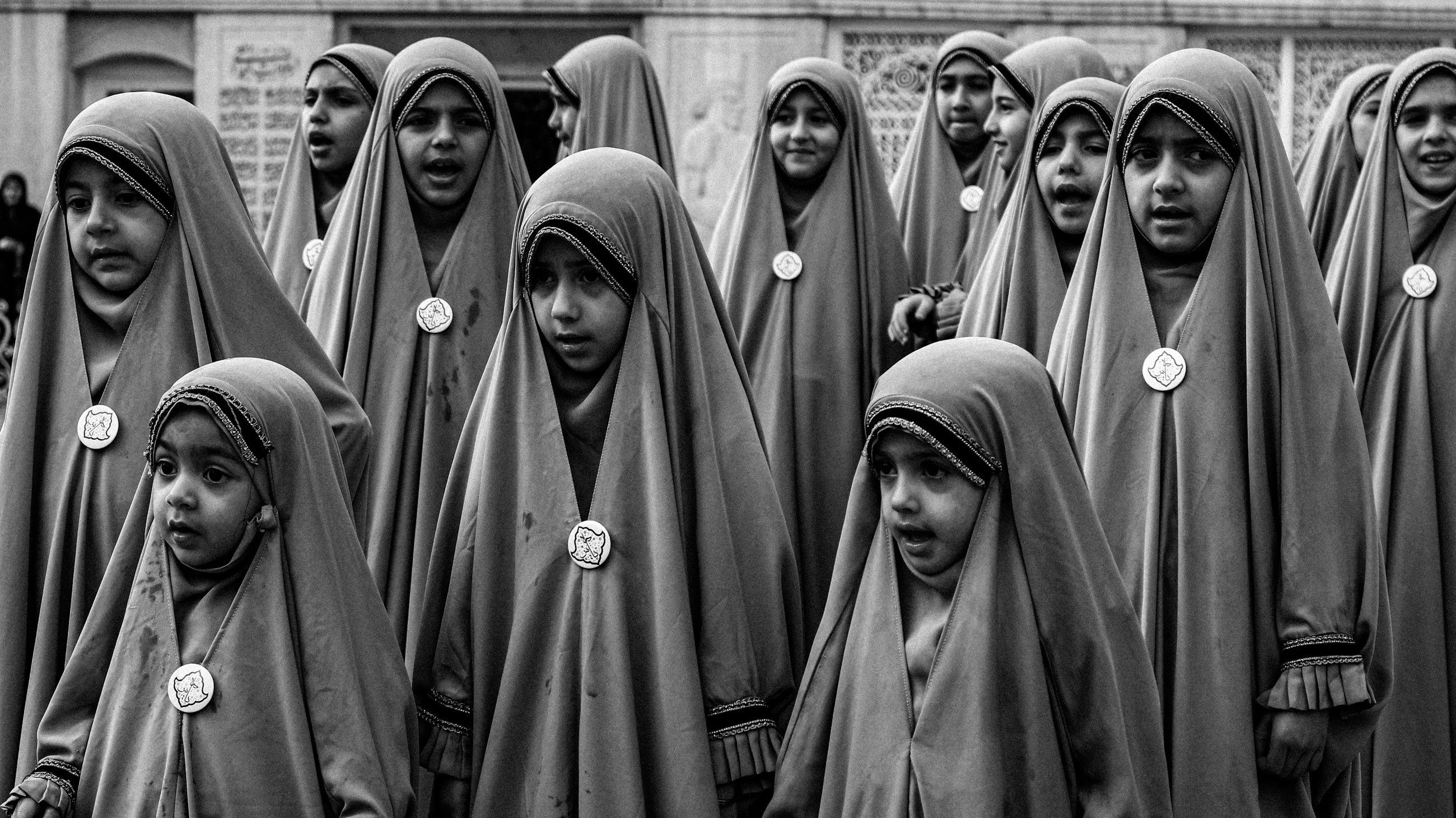
The partial pardon of Robert Bąkiewicz by president Andrzej Duda caused a storm. Mariusz Błaszczak, Vice president of the Law and Justice Party, presented present a controversial justification for this decision. According to the politician, Bąkiewicz, a well-known national activist, acted patrioticly, first "defensing the Church and believers", and now "defensing the Polish borders against the German attack – by dumping illegal migrants into Poland". This message sheds fresh light on the presidential decision, tying it straight to the current migration crisis and political rhetoric around border security, sparking broad discussions about its consequences.
Justification for the pardon: Patriotic Border Defense
President Duda partially pardoned Robert Bąkiewicz with the final conviction of 2023 for the regulation of freedom (social work). Mariusz Błaszczak stressed that the president was most likely guided by the fact that Bąkiewicz "behaved patrioticly". PiS Vice president stated that Bąkiewicz's conviction afraid the defence of churches, and now his actions focus on the defence of the western border. Błaszczak clearly linked the pardon with the current situation, where he claims Germany dumps illegal migrants in Poland. This explanation of presidential pardon, combining the defence of spiritual values with the issue of border security, puts legal and political standards in question in the country.
Citizens' Patrons at Border: Facts vs. Dispute
Robert Bąkiewicz's activities on the western border, in the form of alleged "citizens' patents", besides became the subject of discussion. These informal groups were to paper alleged cases of German dumped migrants. Mariusz Błaszczak, although he pointed out that patrols do not have the right to legitimise, praised them for their “right to documentation”. He stated that thanks to photos published by them, Donald Tusk's government "restored controls" at the border. However, as Tomasz Terlikowski recalled, The Border defender has repeatedly corrected these reports, pointing out that photographs frequently presented reverse situations – legal transfer of migrants to Germany by Polish services. Bąkiewicz himself had to retreat any of his materials, which undermines the credibility of the “documentation”.
Criticism of the Government of Tusk and the safety Vision
The issue of border safety and migration policy has become a central point of sharp criticism of Donald Tusk's government by Mariusz Błaszczak. The Vice president of the Law and Justice Department has abandoned the current power to "order the services to seal the western border", even though the controls are already in operation. Błaszczak asked rhetorically whether the migration problem existed, and if so, why the government acted “too late and not enough”. He stressed his position that he does not accept that in Polish cities there should be "diversaries mastered by people who do not respect European civilization". This message reflects deep concerns about the impact of uncontrolled migration on society and is simply a political attack on the effectiveness of cabinet activities.
Religion in Schools: Pillar of Civilization Transmission
In the context of the discussion on civilization and security, Mariusz Błaszczak besides referred to spiritual lessons in schools. Despite a survey showing support for reducing their number to 1 hr a week, Blaszczak powerfully advocated maintaining 2 hours of religion or ethics. He argued that it was a "civilisational message" that is crucial in the face of the "migration crisis" and challenges to "European civilization". He stressed that Poles separate between refugees and illegal migrants, which should be opposed. For Błaszczak, spiritual education is the foundation of defending values that he believes are at risk.
Important Distances: The Condemnation of Braun
Other topics were besides raised in the conversation. Mariusz Błaszczak categorically condemned the scandalous message by Grzegorz Braun, who described “Auschwitz with gas chambers” as “fake”. Błaszczak called it "scandalistic" and "fatal for Poland", stressing that "it fits into German and Russian rhetoric". This firm declaration aims to distance itself from extremist views.
The partial pardon of Robert Bąkiewicz, combined with the justification of Mariusz Błaszczak, intensifys public debate in Poland. The issues of border security, migration policy and the function of civilian activism are redefined. The actions of the president and the rhetoric of the opposition indicate deep ideological divisions that will form Polish politics. This means that readers request to carefully follow the facts and analyse different perspectives in the face of increasing challenges.
Read more:
The pardon of Bąkiewicz by Duda. Blaszczak: “He defends the borders from the German attack!”



![Nie spodobało się, iż nazwałam się imamką [Rozmowa z Seyran Ateş]](https://cdn.oko.press/cdn-cgi/image/trim=398;0;424;0,width=1200,quality=75/https://cdn.oko.press/2025/08/AFP__20170728__R207J__v1__HighRes__GermanyFranceReligionIslamMosque.jpg)
